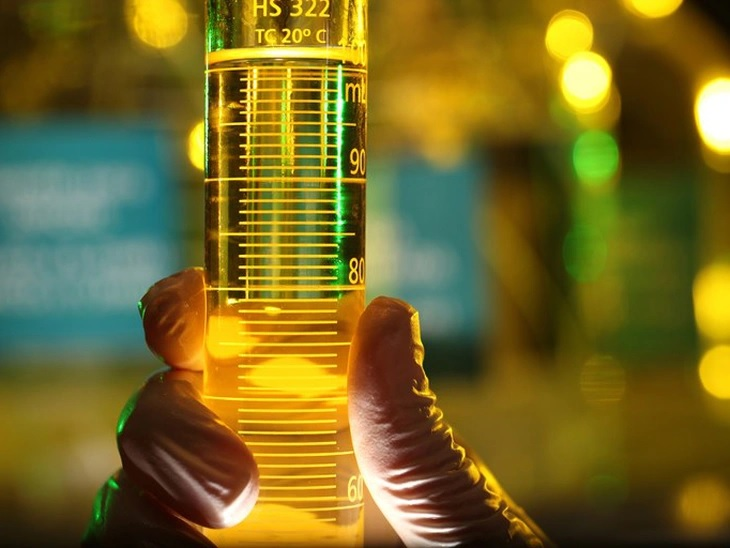
 RenovaBio
RenovaBio
T&B Petroleum/Press Office ANP

The Board of Directors of ANP approved today (June 12) the revision of ANP Resolution No. 758, from 2018. The regulation outlines procedures for the certification of efficient biofuel production and importation and the accreditation of inspection firms under the National Biofuels Policy (RenovaBio).
ANP Resolution No. 758/2018 also establishes, among other guidelines, eligibility rules for biomass producers under RenovaBio and criteria for the accreditation of inspection firms.
A new resolution will be published incorporating the improvements approved today, which were identified through a Regulatory Impact Analysis (RIA).
Among the updates are:
Faster updates to fields and data in RenovaCalc (a calculator that quantifies greenhouse gas emissions from biofuels from the agricultural stage to transportation use);
Clarified rules for the composition of inspection firm audit teams;
Introduction of penalties for inspection firms and biofuel producers;
Updated rules for certifying new biofuel producers entering into operation;
Modified deadlines for document submission;
Authorization and better-defined eligibility criteria for foreign biofuel producers;
Provision for transfer of certificate ownership;
Procedures for changes in production routes;
Inclusion of procedures related to grain chain custody (a process by which information about raw materials, intermediates, and final products is transferred, monitored, and controlled as they move through each stage of the supply chain).
Before reaching the final text of the resolution approved today, ANP submitted a draft for public consultation and hearing.
It is important to note that the resolution approved today does not regulate aspects set forth in Laws No. 15.082/2024 and No. 14.993/2024, which will be addressed in specific actions included in ANP’s 2025–2026 Regulatory Agenda.
How RenovaBio Works
RenovaBio is Brazil’s National Biofuels Policy. One of its main instruments is the establishment of annual national decarbonization targets for the fuel sector, aiming to encourage the increased production and use of biofuels in the country’s transportation energy matrix.
The national targets are set by the CNPE and broken down annually by ANP into individual mandatory targets for fuel distributors, based on their market share in fossil fuels.
Fuel distributors must demonstrate compliance with individual mandatory targets through the purchase and retirement of Decarbonization Credits (CBIOs)—tradable financial assets derived from the certification of biofuel production processes, based on their achieved efficiency levels in terms of emissions.
Through the certification process, each biofuel producer or importer receives an Energy-Environmental Efficiency Score, which is inversely proportional to the carbon intensity of the biofuel produced.
Biofuel producers and importers wishing to join the program must hire ANP-accredited inspection firms to certify their biofuel production and validate their Energy-Environmental Efficiency Score.
RenovaBio currently includes 332 certified biofuel producers (289 ethanol, 39 biodiesel, and four biomethane). To date, around 176 million CBIOs have been issued—equivalent to approximately 176 million tons of CO₂ emissions avoided.
Learn more about RenovaBio:
👉 https://www.gov.br/anp/pt-br/assuntos/renovabio/renovabio
Contact us